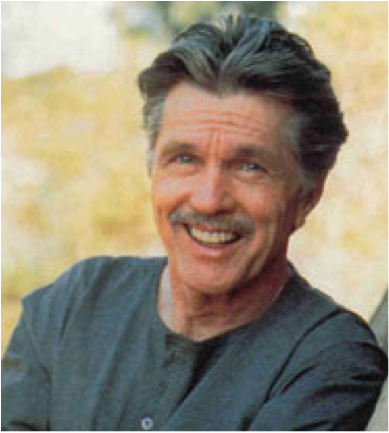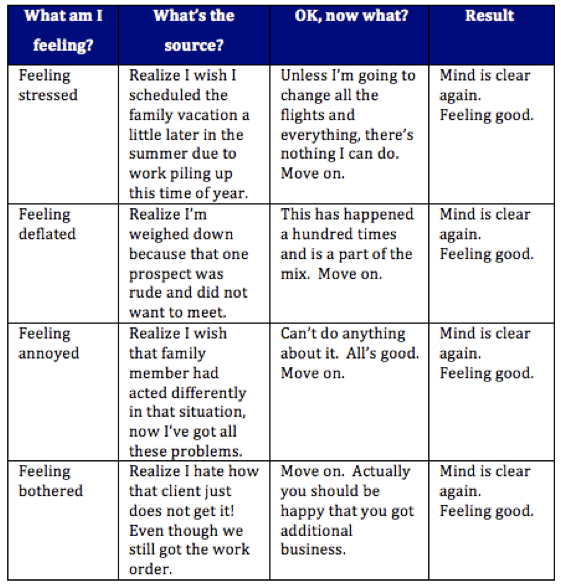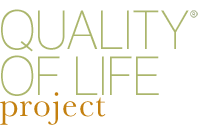
Tom Skerritt is the ultimate “man’s man” so when I had the opportunity to spend a few hours with him at his home in Seattle I was pretty psyched.
Most people know him from his roles in MASH, Top Gun and River Runs Through It (one of my all time favorite movies). He’s a real mellow guy and the fact that he makes Seattle his hometown, despite being a full time actor, says something about how important he views quality of life.
We talked about a lot of quality of life drivers and things he practices in his life. During the interview, it became clear that a key component to his enjoyment of life is his overall sense of calm and energy. He shared with me how he practices tai chi and how this helps him achieve calm; and how the world around him just seems more interesting as a result.
He said it also allows him to better tune in to himself. That spurred me to ask him if he considered himself fairly in tune with his emotions and whether he reaped any benefits through this trait. This is what he said:
“If I am in a bad mood, what usually is effecting my emotions is just smoke. It goes away if you let it go. Most of the time you get past a negative mood by identifying what’s bothering you and making a decision of whether it deserves a seat at the table or not.”
What Tom is talking about is a habit that goes like this. When he feels negativity or any emotional drag, he figures what is making him feel that way and decides whether it makes sense to be occupied by it. If it’s not a rational cause/effect (allowing his mind to be stressed by something he can not control or by something that is simply not a big deal), he can bring his mind back to a clear, calm state.
90% of the time if not more, we allow our minds to be occupied by emotions that do not “deserve a seat at the table.” Below are a few examples of a quick, three step emotional weather check:

Of course in some cases, one might determine that what’s weighing on them is a legitimate issue, and it would not be rational to try to “move on.” For example, one might be upset about a friend having a health issue and there’s no sense in trying to mitigate the surrounding emotions.
Research also shows that the overwhelming majority of our thoughts have to do with things that have occurred in the past. So, even when we’re having “rational” thoughts, it doesn’t mean we are having productive thoughts.
There is nothing soft about this kind of evolvement. Soft is allowing anyone to crash your party and take away from your enjoyment of your day. This is about being a better professional; about enjoying life more.
Wrapping this up, we do not need to be yogis to realize the productivity and life satisfaction benefits of being a little tougher on what thoughts we allow to occupy our minds or affect our emotions.
Thank you Tom for sharing this great quality of life perspective. Please share your thoughts.
